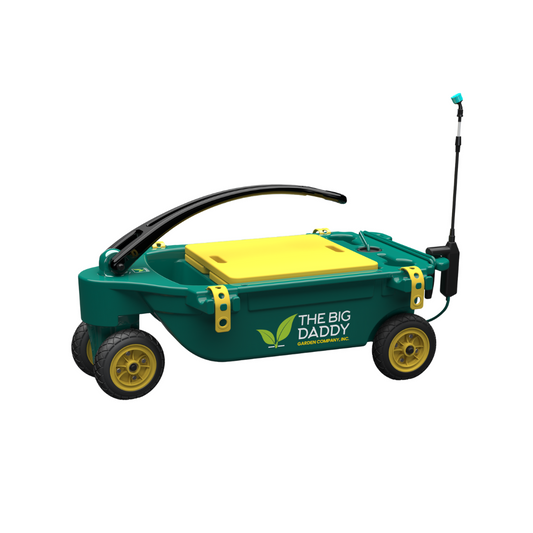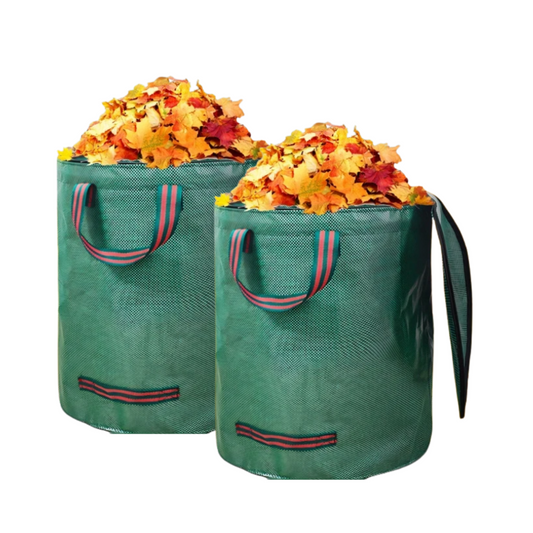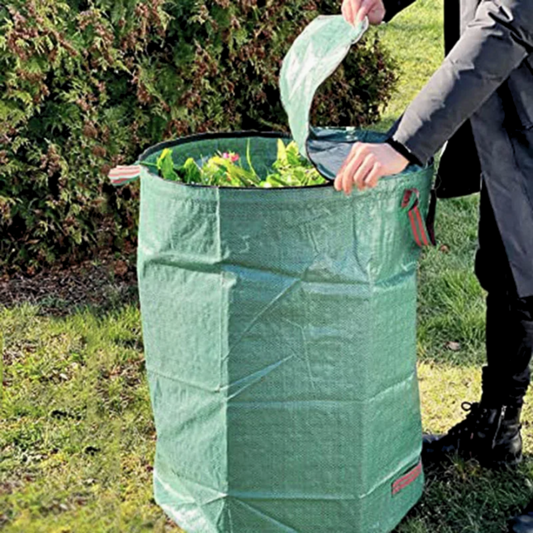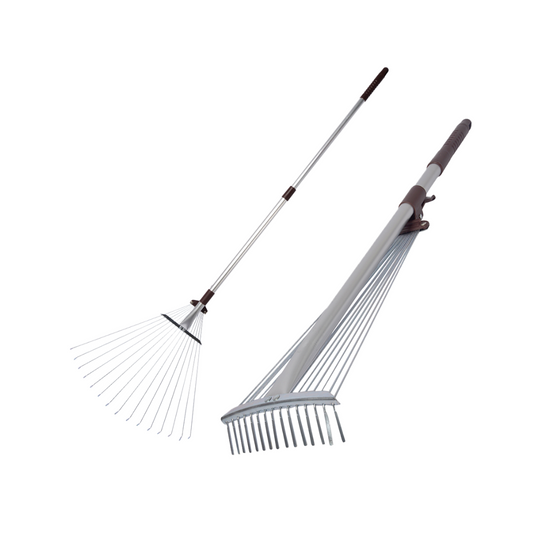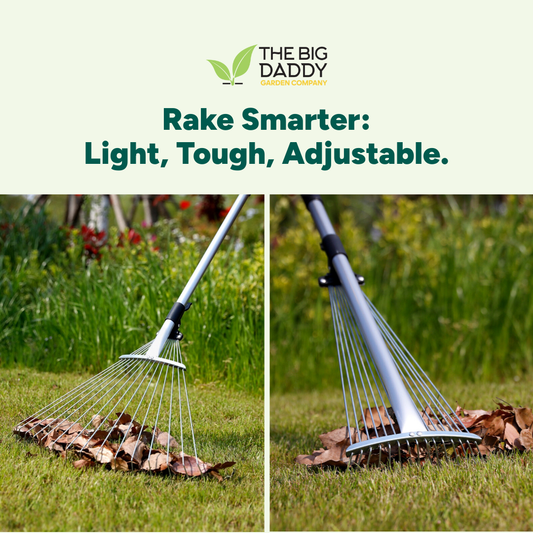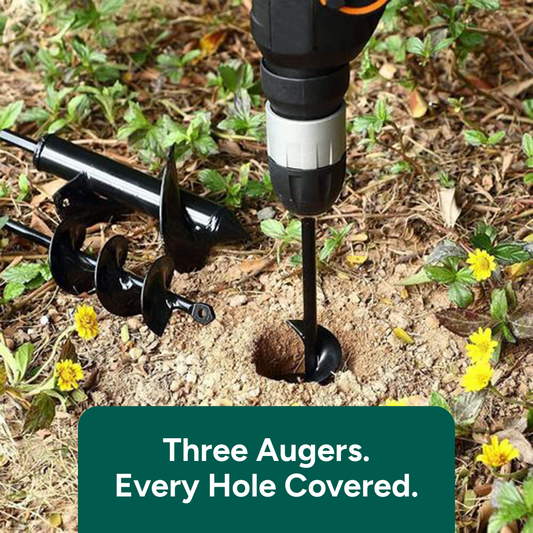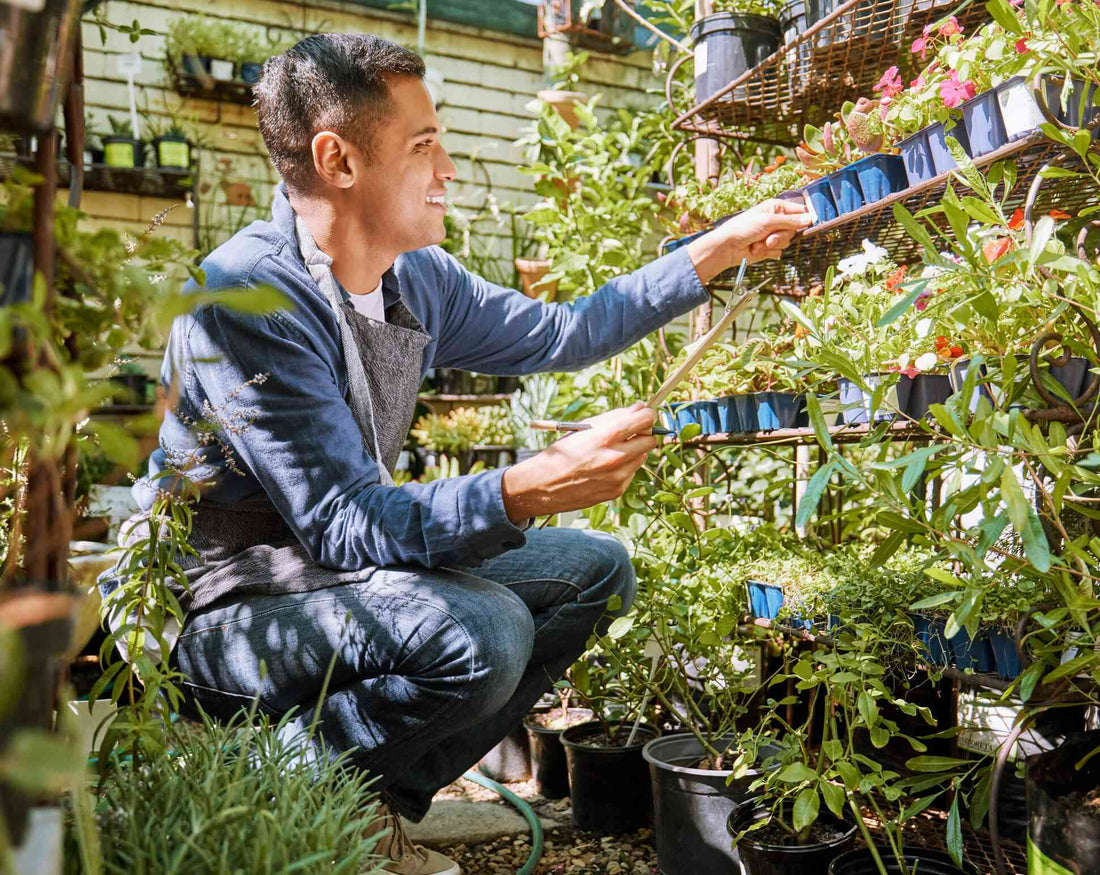
Gardening as Mental and Physical Therapy
Gardening as Mental and Physical Therapy
In a world filled with constant notifications, busy schedules, and daily stressors, many people are rediscovering the healing power of nature. One of the simplest and most rewarding ways to connect with the outdoors is through gardening. While gardening is often celebrated for its beauty and productivity, it is also a powerful tool for both mental and physical therapy. From reducing stress and anxiety to improving mobility and strength, tending a garden nurtures more than just plants—it nourishes the whole person. So, grab your shovel and let’s dig in to the therapeutic effects of gardening!
A Natural Workout: Gardening for Physical Health
It’s easy to overlook gardening as exercise, but anyone who has carried watering cans, dug up soil, or bent down to pull weeds knows how much physical effort it requires. In fact, did you know that the Centers for Disease Control and Prevention (CDC) classifies gardening as moderate-intensity exercise?
Tasks like digging, planting, weeding, and raking involve a wide range of movements—squatting, lifting, stretching, and balancing—that strengthen muscles and improve flexibility. Just 30 minutes of gardening can burn 200–300 calories, making it an effective alternative to the gym.
Gardening also helps improve cardiovascular health, circulation, and bone strength. Weight-bearing activities such as lifting soil bags or pushing a wheelbarrow promote stronger bones, while exposure to sunlight provides vitamin D, essential for bone health and immunity. For older adults, gardening supports balance and coordination, which reduces the risk of falls.
Unlike traditional exercise, gardening doesn’t feel like a chore. Because it is purposeful and creative, the physical effort comes with tangible rewards—a harvest of fresh vegetables, a bed of colorful flowers, or a newly landscaped space.
Stress Relief and Mental Clarity
Alongside its physical benefits, gardening offers deep psychological rewards. Being in a garden immerses us in sights, sounds, and scents that engage the senses and calm the nervous system. Studies show that spending time in green spaces reduces cortisol, the stress hormone, while boosting serotonin, the “feel-good” neurotransmitter.
Simple, repetitive tasks like planting seeds or watering flowers have a meditative quality. They draw focus to the present moment, encouraging mindfulness and reducing racing thoughts. This rhythm helps quiet anxiety and provides a natural break from digital distractions.
There’s also a scientific reason why gardeners often report feeling happier after spending time in the soil. A natural bacterium found in dirt, Mycobacterium vaccae, has been shown to trigger the release of serotonin in the brain, producing an antidepressant effect. In other words, getting your hands dirty can actually improve your mood.
Gardening as Therapy for Mental Health
Horticultural therapy—using gardening in a structured, therapeutic setting—has been gaining traction in healthcare, rehabilitation, and community programs. It has proven particularly effective for people coping with depression, anxiety, PTSD, or dementia.
For those struggling with mental health challenges, the act of nurturing plants creates a sense of responsibility and accomplishment. Watching a seed sprout into a healthy plant fosters hope and resilience. Gardening also establishes routine, which can be stabilizing for individuals experiencing emotional upheaval.
Research has shown that engaging in gardening reduces symptoms of depression and improves self-esteem. In patients with dementia, gardening activities stimulate memory and cognitive function, while the sensory aspects—touching leaves, smelling flowers, or hearing water—enhance overall well-being.
The Social and Emotional Rewards
Although many people enjoy gardening alone, it also has strong social benefits. Community gardens, school gardens, and neighborhood projects bring people together to work toward a common goal. These shared spaces foster connection, reduce isolation, and promote a sense of belonging.
For older adults, gardening can be a bridge to staying socially engaged. Teaching younger generations how to grow vegetables or care for plants not only transfers knowledge but also strengthens family and community ties. Sharing produce or flowers with neighbors adds another layer of joy and generosity.
On an emotional level, gardens provide comfort and inspiration. Watching flowers bloom or harvesting the first tomato of the season offers a sense of pride and joy that enhances overall life satisfaction.
Accessible for All Abilities
One of the most encouraging aspects of gardening is its adaptability. Raised beds, vertical gardens, and container gardening make it accessible for those with mobility limitations. Ergonomic tools, kneeling benches, and seated garden carts reduce strain and allow people with arthritis, back pain, or physical disabilities to participate.
Therapeutic gardens in hospitals and rehabilitation centers are designed specifically to be inclusive. Patients recovering from illness or injury can regain strength, coordination, and confidence through simple gardening tasks tailored to their abilities.
Getting Started: Making Gardening a Healing Habit
If you’re new to gardening but want to experience its therapeutic benefits, start small and build gradually:
- Begin with easy projects – A few pots of herbs, flowers, or succulents can provide quick success and motivation.
- Create a daily routine – Spending even 15 minutes outdoors can reduce stress and encourage physical movement.
- Focus on sensory plants – Fragrant herbs like lavender, colorful flowers, or textured foliage enhance mindfulness and relaxation.
- Join a community garden – Gardening with others adds social benefits and shared learning.
- Adapt to your body – Use tools, raised beds, or garden carts that make gardening comfortable and safe, cue Big Daddy Garden Caddy!
Conclusion: A Garden for the Body and Mind
Gardening is so much more than a pastime. It’s a natural form of therapy that strengthens the body, soothes the mind, and uplifts the spirit. From building physical stamina to reducing anxiety and creating social connections, its benefits are profound and wide-reaching.
In a time when many of us feel disconnected from nature and overwhelmed by modern life, gardening offers a simple yet powerful therapeutic remedy. It reminds us to slow down, nurture life, and find joy in growth. Whether you’re planting vegetables, arranging flowers, or tending houseplants, gardening is therapy rooted in the earth—and its healing potential is within everyone’s reach.

